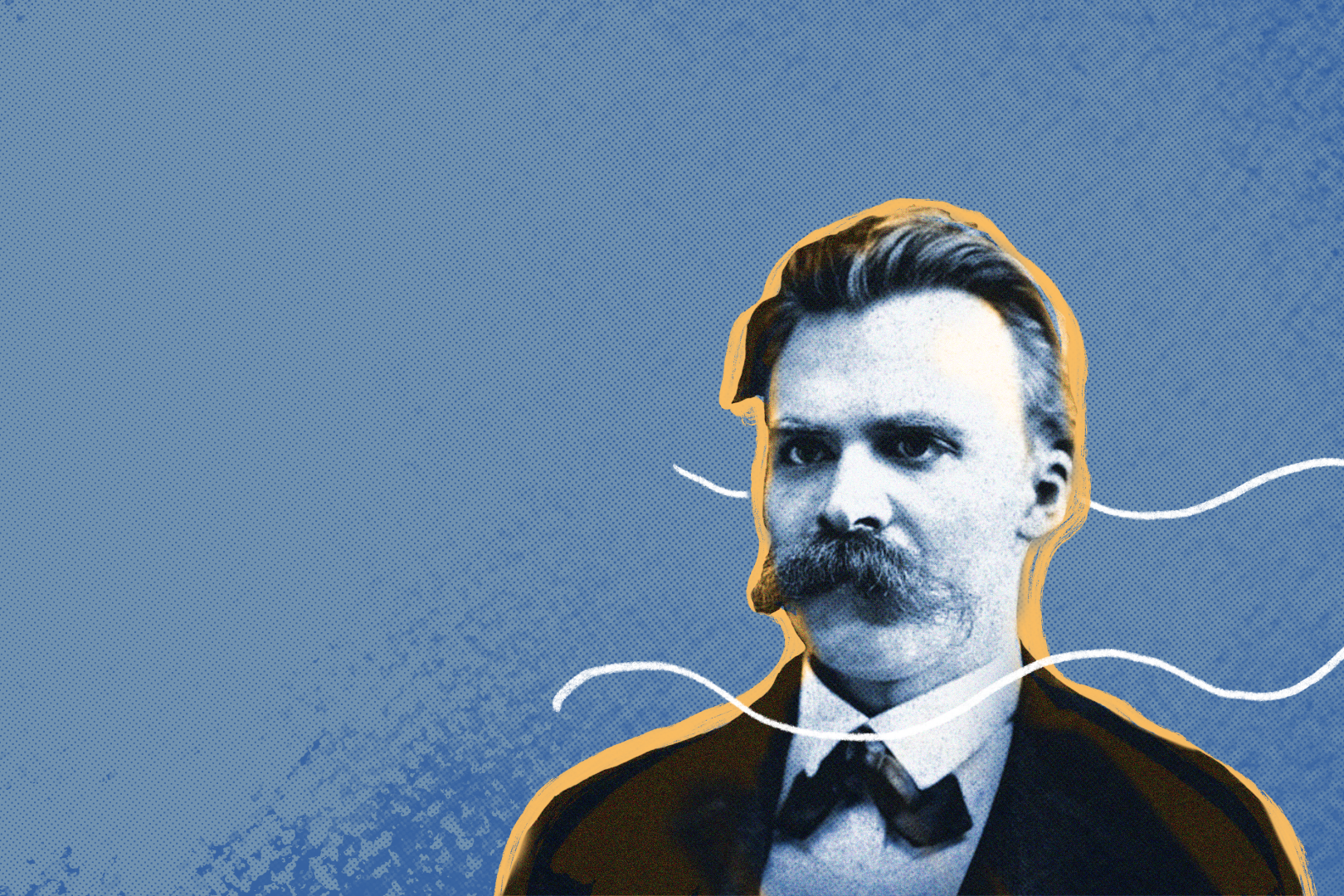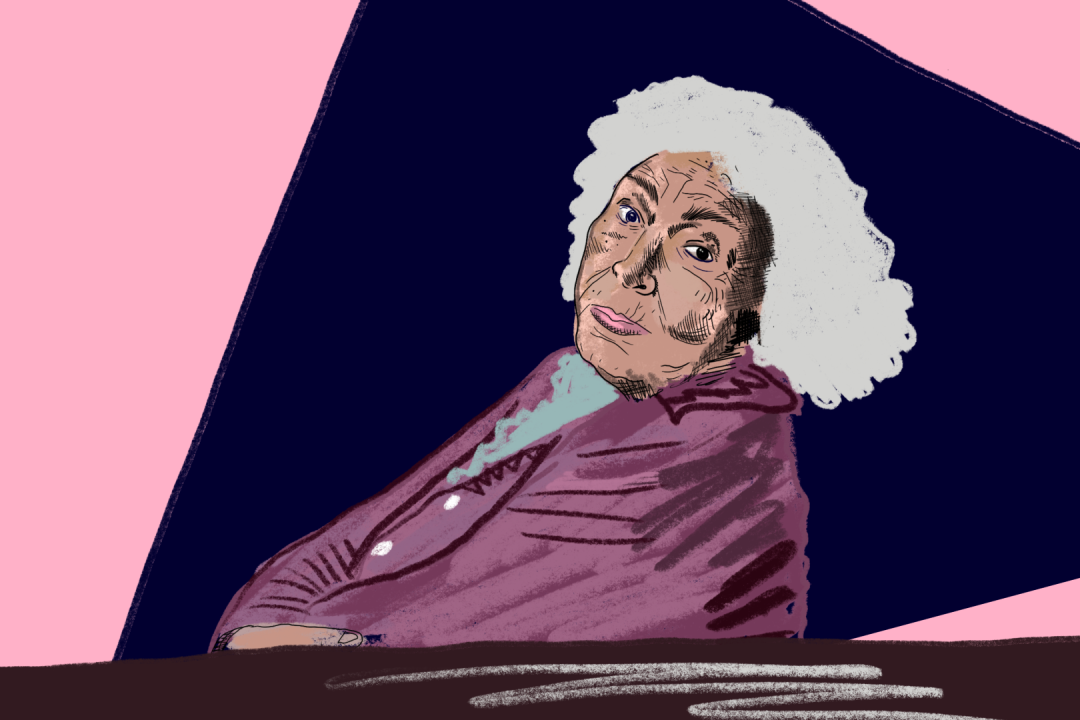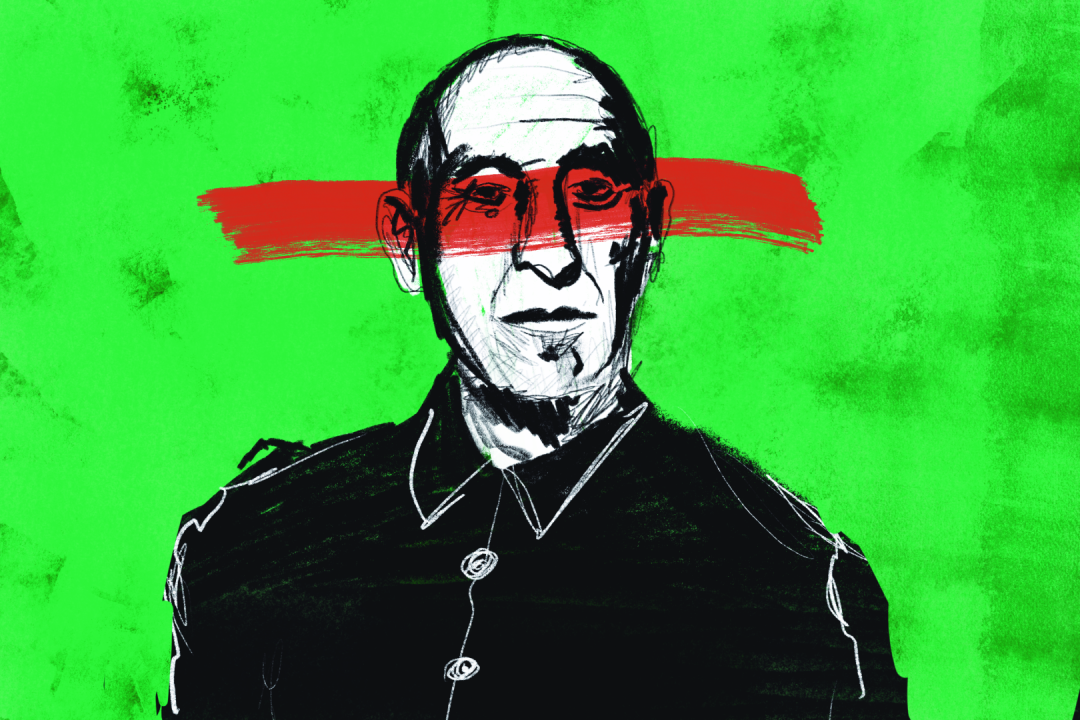
Life and Thoughts of Friedrich Nietzsche
By: B.E
The lives of many figures in history are shrouded with controversy and elements of bright intellectual discovery and myth. The 19th-century German philosopher Friedrich Nietzsche is no exception. For his entire life as a critic and author, he rarely made any significant persona for himself. He instead opted for a very adventurous life, often visiting European cities, and the countryside and Living off of his lecturer pension after his resignation due to poor health. For a philosopher whose books did not do well in the market, the instant fame he received after his death in 1900 laid the foundation for one of the most popular and controversial traditions in the history of western philosophy.
His Birth:
Friedrich Willhelm Nietzsche was born near the city of Leipzig in 1844 to Carl Ludwig Nietzsche, a Lutheran minister, and Franziska Nietzsche. He grew up in a religious environment. His father, a Christian pastor, followed the tradition of his father in order to serve the clergy. So it was expected that he would follow suit given his intense religiosity in his youth.
From a very young age, Nietzsche showed sharp intellectual capabilities and always scored very high in school. These traits helped him shape a substantially intellectual background in various subjects, including theology and Christian sciences. However, Nietzsche went further than religion. He was an avid reader of German classics, a trait he received from his boarding school, alongside Greek and Roman literature. During his time as a student, Nietzsche befriended the composer and theater director Richard Wagner. Their friendship - although never continued due to Wagner’s harsh anti-semitism which Nietzsche rejected - was one characterized by passion, similar interest, and motivation for both. This would essentially be a landmark in Nietzsche’s perception of art and music and is often seen in his writings.
In 1869, at the age of 24, Nietzsche was given a chair at the University of Basel as a philology professor, serving as the youngest in such a position. But his passion lay in deeper subjects than just Philology which was the study of the history and development of language at the time. Nietzsche was interested in philosophy at the time when he began reading Arthur Schopenhauer. The German philosopher acted as a mentor for Nietzsche and perhaps spread many of his ideas and thoughts to the young man.
Nietzsche continued to teach until 1879 when his health declined and forced him to resign during which he was free to become a writer. Influenced by his intellect and passion for philosophy, Nietzsche produced some of the most intriguing and distinguished books in the history of philosophical literature often covering topics such as ethics, religion, history, and poetry. His writing style proved to be simple and revolutionary at a time when Philosophy in German was well known for its comprehensive language and intricate writings such as those of G.W.F Hegel, Immanuel Kant, and even the ones influenced by Nietzsche such as Martin Heidegger.
Over a period of 20 years, Nietzsche was able to write 6 books with many essays and letters, among the books, were:
- The Birth of Tragedy (1872)
- Human Or Too Human (1878)
- The Gay Science (1882)
- Thus Spoke Zarathustra (1883)
- Beyond Good and Evil (1886)
- On the Genealogy of Morals (1887)
Lou Andreas-Salomé, one of Nietzsche’s lifelong friends - later proposing to her three times - reflected on his style of writing:
“Nietzsche created, so to speak, a new style in philosophical writing, which up until then was couched in academic tones or in effusive poetry: he created a personalized style; Nietzsche not only mastered language but also transcended its inadequacies. What had been mute, achieved great resonance.”
Although with an impeccable interest in tidy language and immense poetic tendencies, Nietzsche nevertheless failed to sell his books. And spent most of his time, and money, on traveling in European countries such as Italy, France, and Switzerland in order to find a place to cope with his illnesses such as syphilis.
In 1889 while he was traveling around Turin, Italy, Nietzsche suffered a complete mental breakdown, apparently due to seeing a horse being beaten down by its owner for collapsing in the street. The event is known as The Turin Horse and is considered by many to be the beginning of the downfall for Nietzsche.
He spent 11 years in great torment with multiple illnesses and under the care of his mother and later his sister, Elisabeth. He died in 1900 due to a stroke and his sister immediately took over the publication of his books, distributing his greatest writings.
Philosophies in the Modern Day
Nietzsche’s central contribution to philosophy rested on social criticism and skepticism. His style of writing, which was comfortably poetic, helped convert his critical perception of various subjects into a fun and understanding analysis.
Amor Fati:
For Nietzsche, the acceptance of one's decisions, life choices, and events, extends beyond a matter of analyzing its status with good and bad. For the 19th-century existentialist thinker, loving one’s fate (a translation of Amor Fati) is a matter of fully embracing life with its regularities, irregularities, hopes, and misfortunes.
Think of it as a storm. Once the clouds identify a pouring of a restless shower of stress, anxiety, and hardships, you admit that becoming wet just like the earth is a matter of nature. And so the avoidance of using one’s umbrella (although inconvenient) can be accepted as a form of Amor Fati
It is worth remembering that Nietzsche personally struggled with coping with his life. A timelapse of his short existence on this earth would briefly introduce the loss of his parents, followed by a complete loss of interest in a tradition they upheld. Only to be followed with his disdain of academia and terrible luck with friends. All of these things culminated in a man who, after observing an animal being beaten down, totally gave up on the concept of sanity: an established term in his major works.
Critique of Christianity
For a man who grew up in a family of full religious devotion, it seems that his criticism of religion in his writings, such as the antichrist, seems unlikely. His poetic enthusiasm to deconstruct faith had praise, and also discontent to this day. But it also had a very unexpected reception: it is a celebration.
The decline of Christianity in western Europe was largely as a result of the age of enlightenment and the scientific revolution. These events accelerated the reshaping of religion from a matter of state and law, into a personal and spiritual guide. But the latter also seemed to decline. For Nietzsche, a man of full skeptical inquiry and fiery language towards faith, this was not the beginning of a new victory, as many would interpret, but the beginning of a new fear: fear of a decline in value to motivate humans.
He struggled with a new foundation to counter what he considered a takeover of nihilism, which was at the time very prominent generally due to having fair support from skepticism. If religion had become a safe haven for individuals for meaning and guidance, then its decline would ultimately lead to utter chaos and anarchy of belief systems.
Nietzsche’s great alternative, however, came from his interpretation of culture: a body of disciplines such as Art, Philosophy, and Science, that would essentially become what humans lack the most when they seek another form of comfort; a guide for life. But Nietzsche showed skepticism early on for that too. For he recalled his time in academia and also later on how art was being made with dislike.
Nowadays
Nietzsche's writing was so uniquely his own that almost many centuries later and to this day, many of his foundational arguments are re-interpreted to fit various agendas. Particularly, his critique of Christianity which, according to him, was in decline at a time when European values embraced more scientific and humanistic tendencies.
Nazism also had its fair share of playing with emotions. For them, Nietzsche's “Ubermensch'' (over human or superhuman) concept was a clear indication of the rise of a new race, a strategy they used to promote racist values and to further their irredentist claims over the earth. But a brief study into Nietzsche’s political opinions (which can be very hard) indicates his distaste for the rise of anti-semitism in Germany which highly influenced Hitler. The mere publication of his writings by his sister, a staunch antisemite alongside her husband, defined Nietzsche for the remainder of that era.
One should remember Friedrich Nietzsche just like the core principles of his writing, an amazing attempt to identify the changing landscape of the world through means of appreciating art, critical thinking, and skepticism, in avoidance of anything that may hinder that process.



